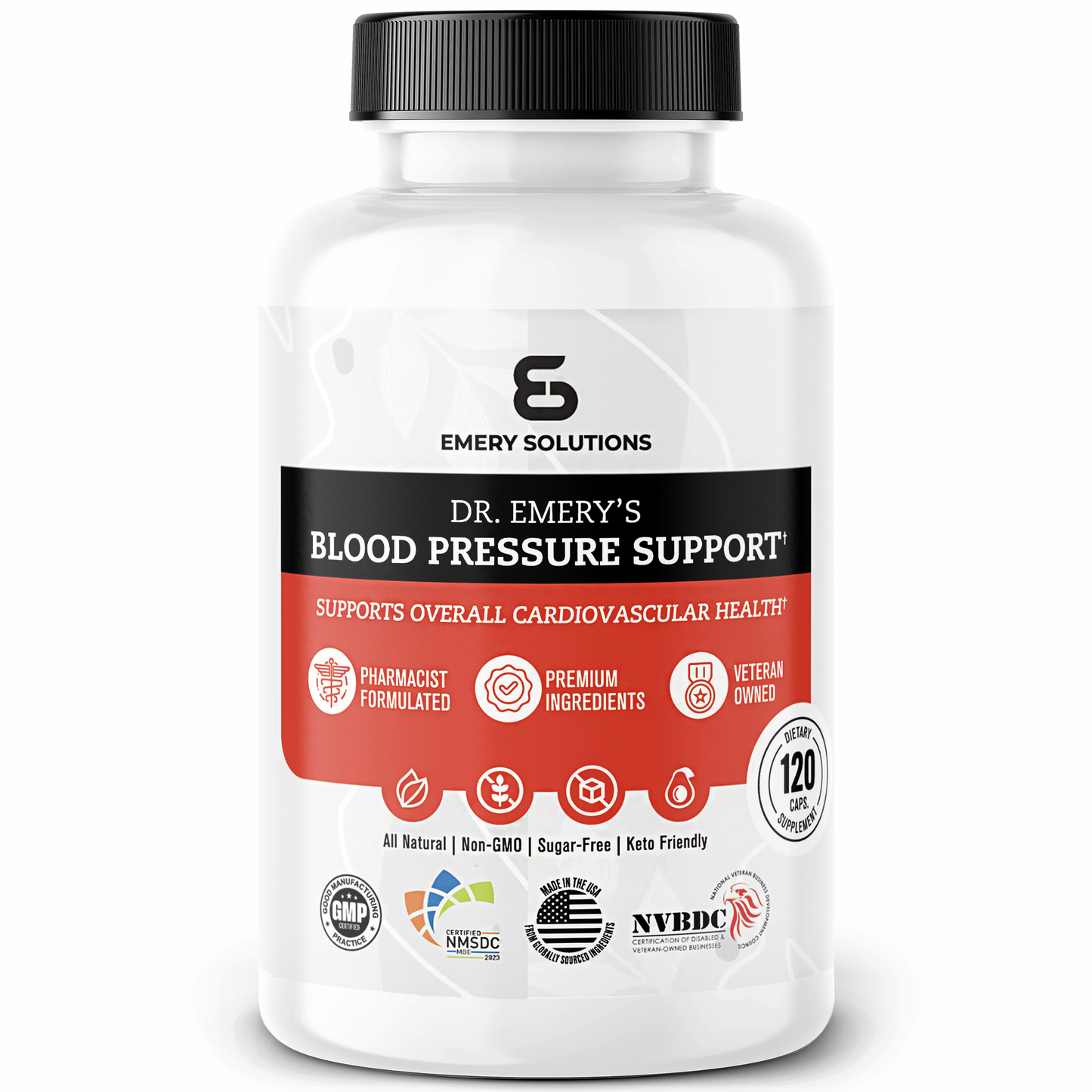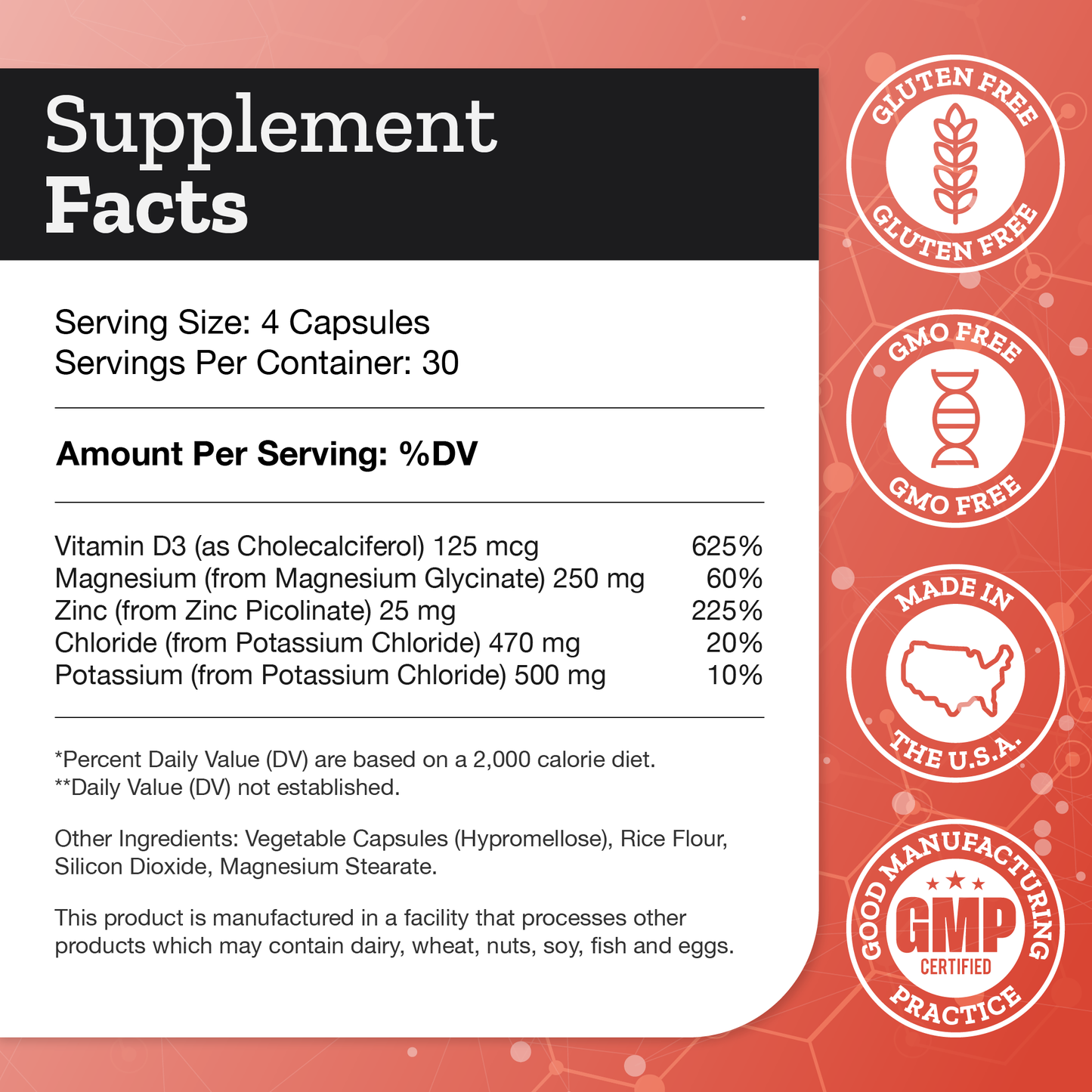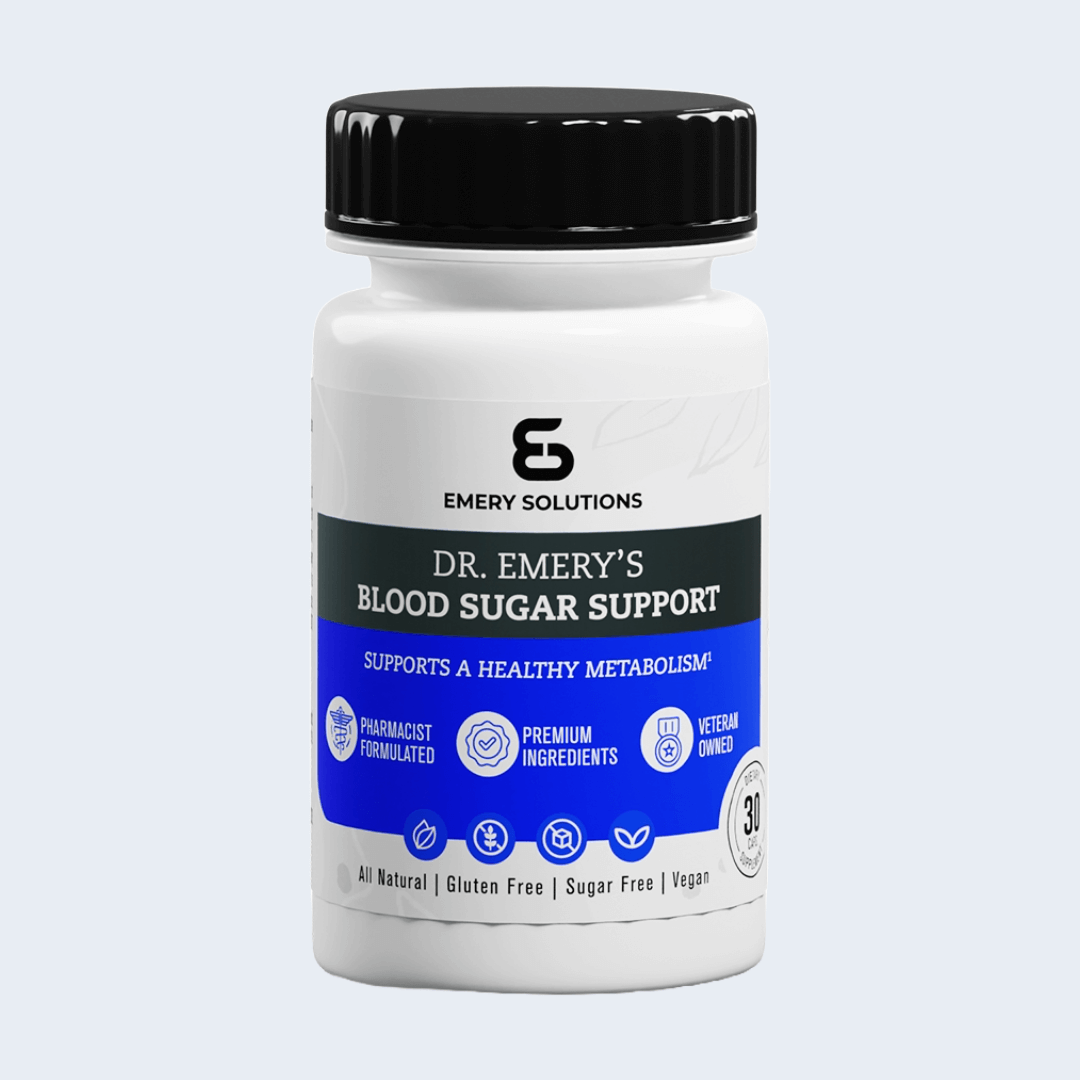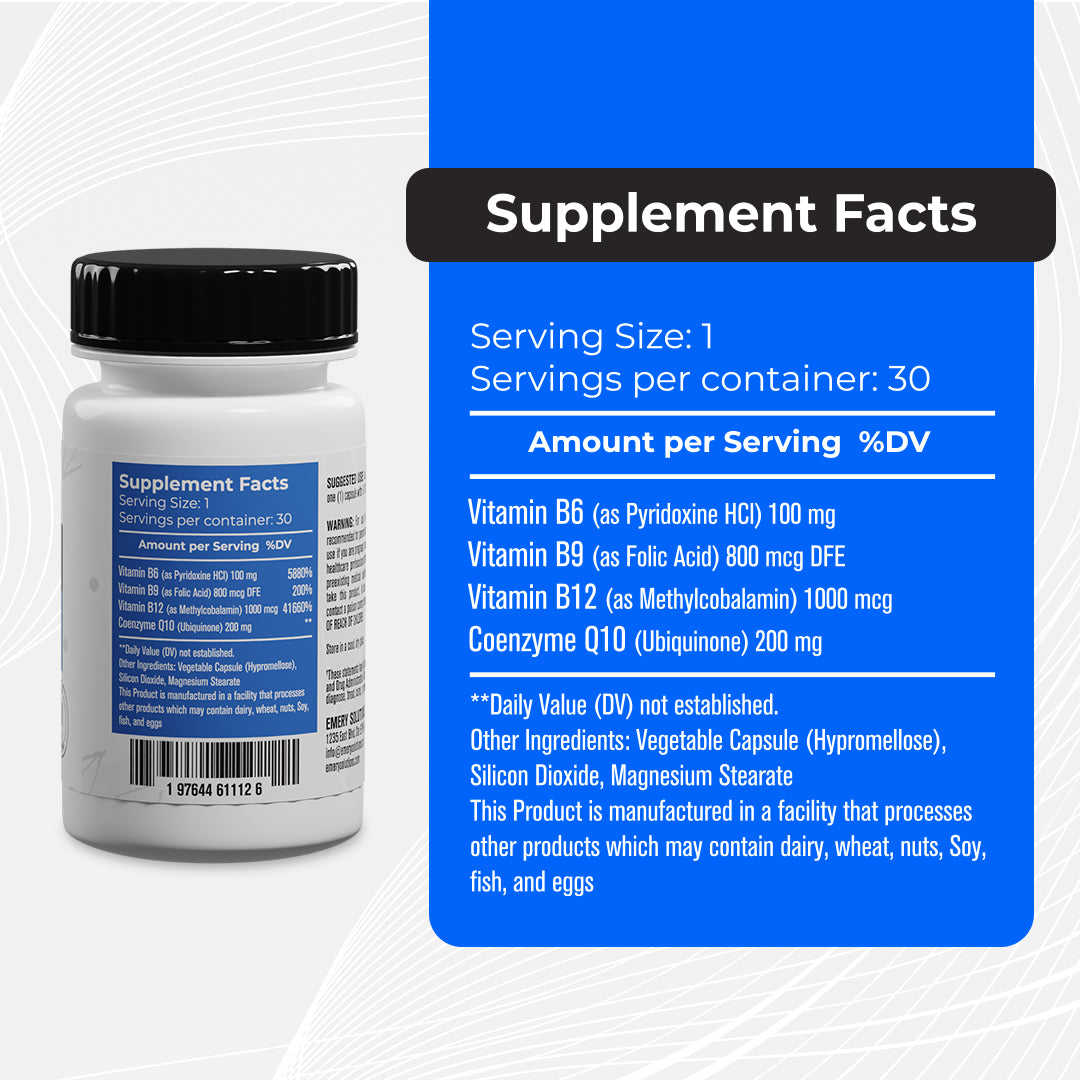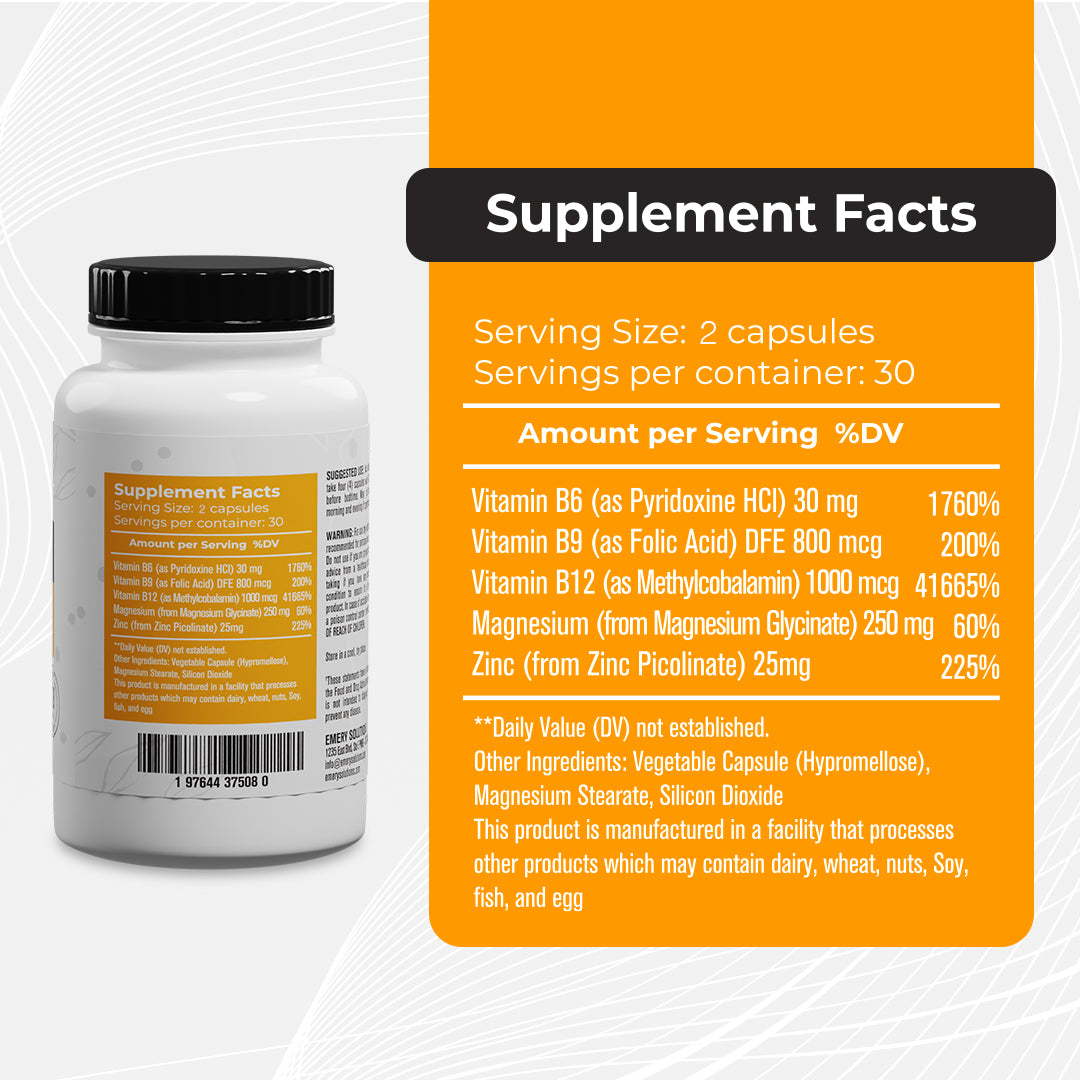

The Power of Vitamin D3: Beyond Bone Health
Vitamin D3, often called the "sunshine vitamin," is renowned for its crucial role in supporting bone health by aiding calcium absorption. Calcium absorption is the process by which the body takes in calcium from the food we eat, enabling its use in essential functions such as building and maintaining strong bones and teeth, supporting muscle function, nerve transmission, and blood clotting. However, the benefits of Vitamin D3 extend far beyond bone strength.
Emerging research highlights the significant impact Vitamin D3 has on maintaining healthy blood pressure levels, making it an essential nutrient for cardiovascular health.
Understanding Vitamin D3 and Blood Pressure
Vitamin D3 plays a vital role in regulating the renin-angiotensin-aldosterone system (RAAS), a hormone system that controls blood pressure and fluid balance.
This system helps manage the constriction and relaxation of blood vessels, directly influencing blood pressure levels.
Adequate levels of Vitamin D3 support the proper functioning of this system, promoting better blood flow and potentially reducing hypertension risks.
The Impact of Vitamin D Deficiency
Vitamin D deficiency is a common health issue affecting millions worldwide. Lack of sufficient Vitamin D3 can contribute to various health problems, including hypertension and other cardiovascular diseases.
Several factors, such as limited sun exposure, inadequate dietary intake, and certain medical conditions, can lead to a deficiency in this essential vitamin.
Contributors to Vitamin D Deficiency:
- Limited exposure to sunlight
- A diet low in Vitamin D-rich foods
- Health conditions affecting Vitamin D absorption
- Age-related decrease in skin's ability to synthesize Vitamin D
Individuals with low Vitamin D levels may experience increased blood pressure due to the impaired regulation of the RAAS. This can lead to a higher risk of developing cardiovascular issues over time.
Benefits of Vitamin D3 for Heart Health
Research has shown that maintaining adequate levels of Vitamin D3 can have numerous benefits for heart health. Here are some key advantages:
- Relaxation of Blood Vessels: Vitamin D3 helps relax the smooth muscles in blood vessels, improving blood flow and reducing the pressure exerted on artery walls.
- Improved Blood Circulation: Enhanced blood flow supports the efficient delivery of oxygen and nutrients throughout the body, promoting overall cardiovascular well-being.
- Reduced Hypertension Risk: Adequate Vitamin D3 levels may lower the risk of hypertension and related complications, contributing to long-term heart health.
Incorporating Vitamin D3 into Your Daily Routine
Ensuring sufficient Vitamin D3 intake is a simple yet effective way to support heart health and maintain healthy blood pressure. Whether through diet, sunlight, or supplements, there are several ways to boost your Vitamin D levels:
- Sunlight Exposure: Spend time outdoors, especially during peak sunlight hours, to allow your skin to naturally produce Vitamin D. I've read that you can increase your mood significantly if you get at least 15 minutes of direct sunlight within the first hour of waking up. So, why not enjoy that morning cup of coffee on the porch? Your mental health might thank you for it later.
- Dietary Sources: Include Vitamin D-rich foods such as fatty fish (salmon, mackerel), egg yolks, fortified dairy products, and mushrooms in your diet.
- Supplements: Dr. Emery's Blood Pressure Support not only provides a healthy dose of Vitamin D3 but also includes other critical ingredients to support heart health and keep blood pressure under control.
Incorporating Vitamin D3 into your daily routine, along with a balanced diet and regular exercise, can be a powerful strategy for maintaining healthy blood pressure and supporting your heart health. By addressing Vitamin D deficiency and ensuring adequate intake, you can take proactive steps toward a healthier heart and improved well-being. Embrace the benefits of the "sunshine vitamin" and make it an integral part of your journey to better health.
References:
← Older post Newer post →






